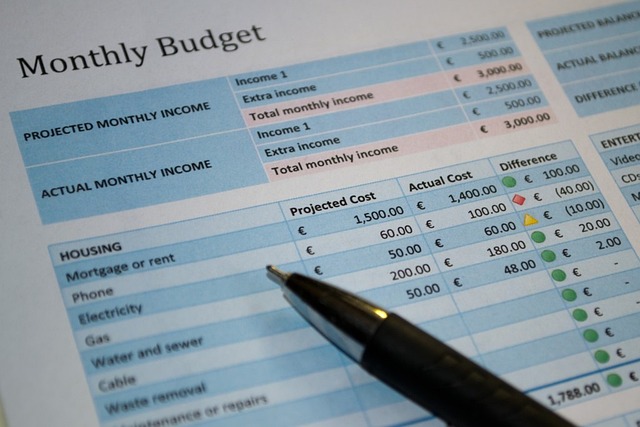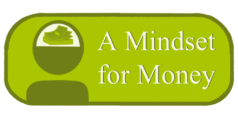
Why Should I Bother Learning?
Too many think that they do not have enough money to bother learning how to manage it.
I used to think, “If there is not going to be any money left at the end of the month, why should I keep track of it.” How stupid was that! And I was an accountant! I know how to track money. I was just not very good at controlling my spending.
Why Should I Track My Money?
Frankly, my dear Watson, you are the detective who can solve the case of the missing money. The money is not missing, but you can figure out where it went, where it was spent!
Suze Orman, in her book, The Laws of Money The Lessons of Life, asks “How do you act from a place of truth from this day on, so that you do not continue to sabotage your financial life with lies?” Then, she says, “Learn the truth. Face the truth.”
This may sound outdated but make the effort to keep receipts and compile them by type of spending. Start with groceries for home, eating out, fuel for the auto, utilities, internet, cable, etc. Yes, you can use “Miscellaneous”, until it becomes big enough to break it down for a better understanding.
You will not know where it went until you know how it was spent!
Build a Budget Out of Income
The ideal practice is to live within your means, which means your income. Even better, though, as George S. Clason notes in his book, The Richest Man in Babylon, “Necessary expenses” will always grow to equal our income unless we protest. Keep your spending less than ninety percent.
Your road to riches is paved with your savings.
Learn to live on less than you make. If you say you cannot, then you are not looking close enough. You must sacrifice until you are uncomfortable, which should get you under your income. Eat less. Do less.
Too uncomfortable? Then, work on your income. Give yourself an incentive to look for greater income. Get a second job for a while, but not forever.
I know you plan to make more soon. However, what you have now is what you have available to spend on housing, food, etc. So, first, be honest with your earnings as they are now. Plan to make more, later, when you get that new job or promotion!
Record your income and spending. And remember to pay yourself first. In other words, put some in savings for the future, for emergencies, investments, and retirement.
Cover the Risks
There are risks in life. You might have an accident in your car. If the other driver was at fault but has no insurance, who will pay for your repairs to allow you to get to work? If you have auto insurance, with a provision for uninsured drivers, you will get back to normal much faster.
What if you suddenly die of a heart attack? How will your family survive without your income? How will they afford the house payment and other needs that your income provided for? That is what life insurance is made to do. You should have enough life insurance to cover living expenses over a reasonable amount of time to recover from your loss, including burial expenses. You were important to them!
Then, health can be an issue. Medications, surgeries, hospitalizations, etc. Those expenses can be very high. That is why we carry health insurance. Make sure the cost to benefit of your health coverage and out of pocket expenses create a safer environment for your finances.
Living for Retirement
If living was not hard enough, we now must provide for our own retirement. And the sooner you start saving for that, the better.
Companies no longer provide pensions, except for some union or government jobs. The rest of us, thanks to the Employee Retirement Income Security Act of 1974 (ERISA), that allowed employees to avoid some current taxation by deferring income into a retirement account, managed separately from the company. That law included the 401(k) provision in the Internal Revenue Code.
It was not until 1980 that the first 401k retirement plan came into being. It allowed for the employer to match a portion of the employee’s deferred income contribution.
More recently, another type of retirement account developed. Whereas, the traditional 401k contribution is before taxes are taken out, which has the effect of paying less taxes on your earnings currently. Then, when you draw on those retirement funds, you will pay taxes on both the deferred income and any earnings on that investment.
The Roth 401k Plan comes from after tax contributions, which means more tax and less take-home money currently. I know that sounds terrible when you are living paycheck to paycheck. However, you will be dancing in the aisles, when you retire and draw on your Roth account, where BOTH your contribution AND your earnings are TAX FREE!
Want to Learn More?
Read, read, read. Look for books and articles and blogs that will help you open the door to a better mindset for money. I want you to build some good habits that will help you make positive changes in your money mindset.
I will close with a quote from Tom Corley in his book, Rich Habits Poor Habits, “One of my aims in this book is to show you the road to riches and at the same time open your eyes to the fact that the way you have thought about money and most of the ways you’ve behaved around money (your money habits) for most of your life is most likely flawed and this has been holding you back.”
